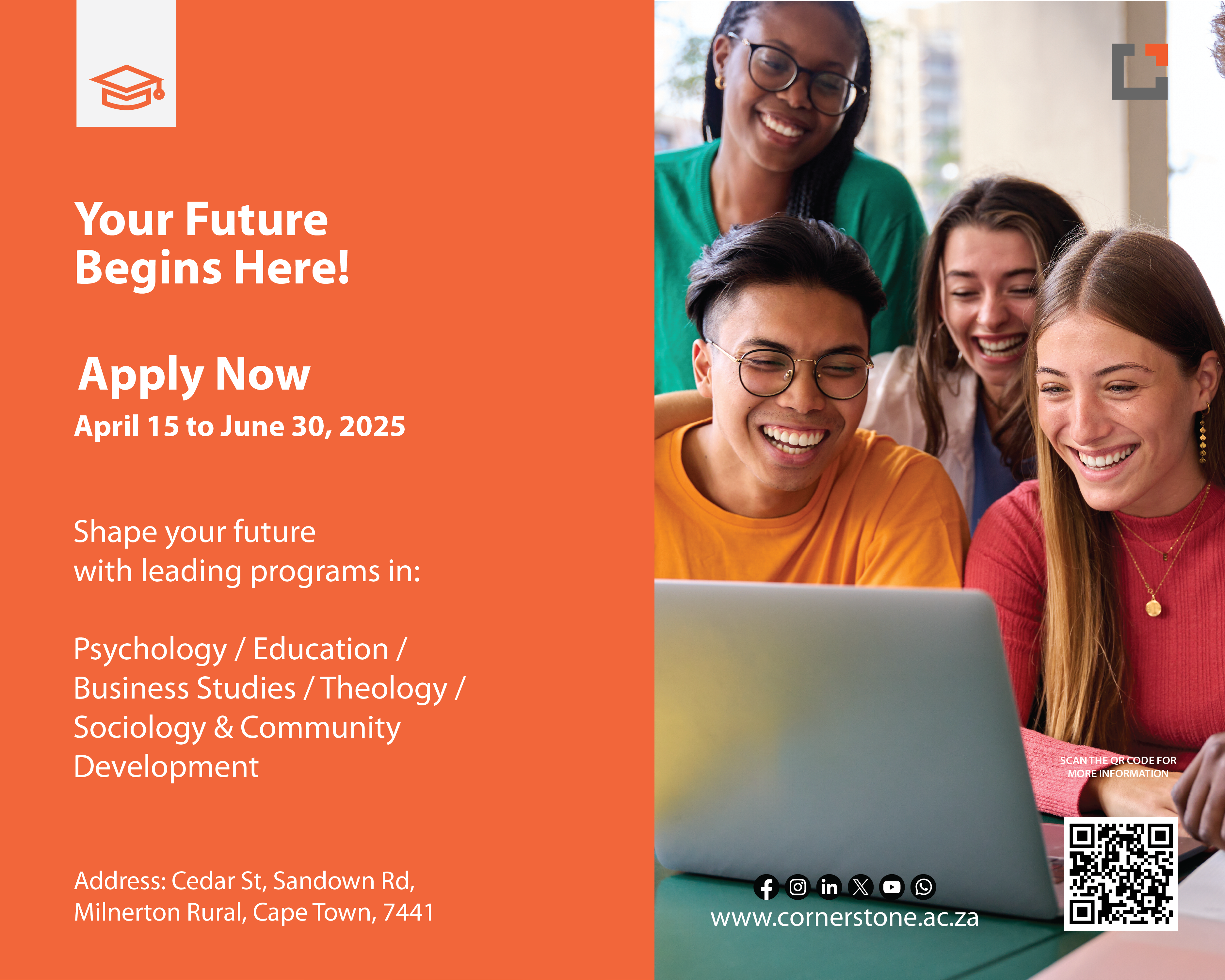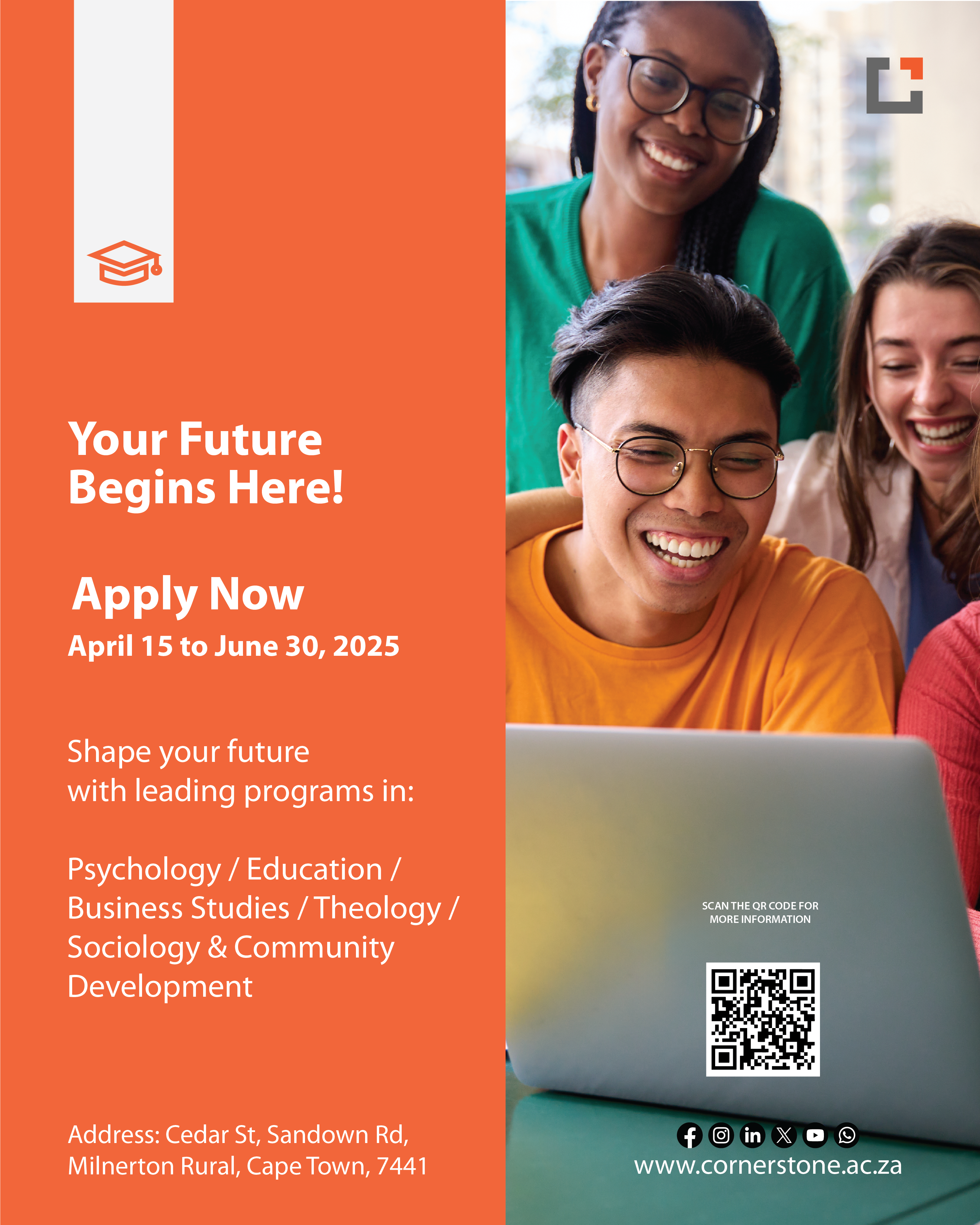Back
12 August 2024
The Post Pandemic Classroom
By Aadila Tilly, Taryn Crown and Karen Lamprecht - teachers at Bellavista School
In February 2020, Covid 19 stamped its mark in world history. In schools, teachers with elevated heart rates and suppressed fears, treaded the murky waters of hybrid education. High levels of digital communication from administration and from parents, student confusion and raised anxiety levels, learning to navigate online teaching and learning - these were a few of the teachers’ experiences.
As we reflect on the past two years, we know that the long-term effects on our schooling system in South Africa has had, and will continue to have, drastic repercussions. Teachers have learnt to be flexible and improvise with brave hearts and grit to ensure that learning continues. They are uniquely placed to observe the various challenges posed by the pandemic
The teacher perspective
Post the COVID19 pandemic, another pandemic has emerged - the mental health pandemic. With Covid, lockdown and load shedding, many feel that things are beyond their control, which creates anxiety. The easiest way to deal with anxiety is predictability, but because of all the unpredictability that has come with the pandemic, anxiety levels have risen. Children reacted in various ways - some withdrew, some had meltdowns, others had separation anxiety, while others were too scared to have any contact with anyone outside of their families, fearing illness or death. Death and loss, which many children had no concept of, became a reality.
Lockdowns during the pandemic restricted students from exploring behaviour involving sharing, empathy, kindness, and social appropriateness with their peers in and out of the classroom. Increased screen time became a need and a norm, and with it, unforeseen effects. Schooling, gaming, and social communication all happened from behind a screen. Having been deprived of social connection with peers for months, students are learning to navigate social circumstances in and out of the classroom once again. Focusing on academic progress and/or achievement is not necessarily their priority as they are excited and hungry to communicate and thus require a great deal of guidance daily.
More so than before, managing their books, belongings and workspace are aspects which require attention and time. According to many occupational therapists, a growing number of students need therapy to support development of fine motor and gross motor skills, particularly with children who have special needs.
Teachers are dealing with a myriad of aftereffects - dysregulated students who themselves are reeling from the unnatural experiences of the past two and a half years, delays in social development and gaps in learning, all of which have required teachers to adjust and constantly readjust their approach and teaching methods.
So, what can adults do to help students cope?
At Bellavista School, Cognitive Enrichment Advantage (CEA) and our deep philosophy on mediated learning tools are the silver lining. Turning a “feeling of challenge” into a “feeling of competence” is the beginning of the healing process. As primary role models for the students, parents can reinforce the language of CEA at home, with the aim of building their self-confidence and resilience in this “new norm”. More than ever, we as adults need to be advocates of care, support, empathy, and kindness, to ensure that the students remain in touch with their humanity.
- Communication is key. When a student realises that their teacher and parent/guardian keeps in touch about their learning and behaviour, it settles and focuses them. The parent-teacher partnership has been, and continues to be, a crucial part of students’ growth and development.
- Students thrive with boundaries. They can unlearn instant gratification and enjoy the satisfaction of delayed gratification, with firm resolve from the adults around them.
- Create as much routine and predictability as possible to lessen anxiety. Keep the school and home routines consistent and communicate as plans change.
- Communicate on your child’s level. Your child does not need to know everything. They are not adults, and do not need to worry about adult things.
- Take back as much control as possible. Realise that the only person you can control is yourself, your thoughts, your emotions and your behaviour.
- Teach yourself and your children self-regulation- Stop, Think, Go.
- Teach ourselves that “If given the choice between being RIGHT and being KIND, always choose KIND”.
- Understanding that every individual is probably battling with stress, trusting each other, and practising mindful empathy will elicit positive responses and outcomes in dealing with the immediate pandemic aftermath in the classroom.
With inspiration from Christopher Robin (Winnie the Pooh), we are “Braver than we believe, stronger than we seem, and our children are smarter than we think”. And together, as educators, we can help our students thrive in the post pandemic classroom. For more information, visit www.bellavista.org.za
About Bellavista SHARE
Bellavista S.H.A.R.E. is the Education Resource Centre of Bellavista School, an independent school in Johannesburg that is widely regarded as a centre of excellence in the field of remedial education. With the Bellavista S.H.A.R.E initiative, the school harnesses the collective capacity it holds within its own staff to improve the quality of educational delivery in Southern Africa by sharing its wealth of professional knowledge, experience, and collective expertise with the community of educators and health professionals working with children in the region.
Article supplied By Bellavista S.H.A.R.E directly to eduweb.africa - Copyright protected ©


